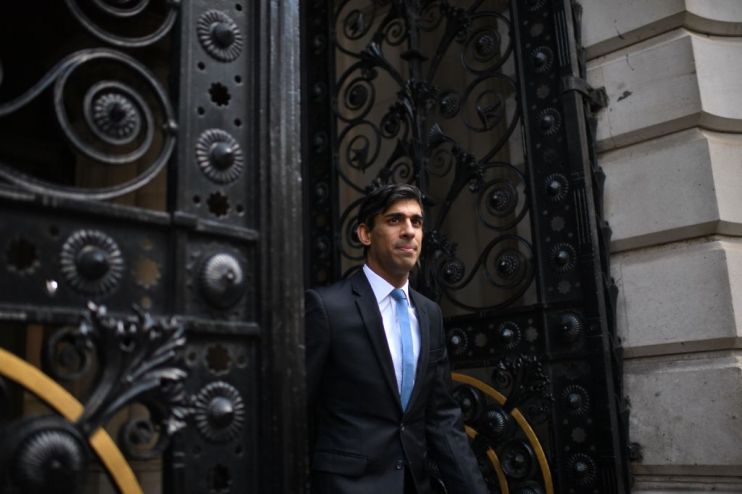Extend job retention scheme or risk ‘second wave’ of unemployment, says think tank

Chancellor Rishi Sunak should extend the job retention scheme until September and longer for some sectors to help stave off a “second surge” in unemployment, a leading think tank has said.
The Resolution Foundation said some sectors would need support for longer than others and suggested the scheme should run until the end of the year for retail and hospitality.
Under the job retention scheme, workers receive 80 per cent of their normal wages up to £2,500 a month so long as they are “furloughed” and not working. More than 6m people have been furloughed through the scheme.
The scheme is highly costly, with estimates ranging from £8bn to £14bn per month. Sunak is expected to announce that the scheme will be extended from June until September.
However, he could announce a cut to the wage subsidy to 60 per cent and a lowering of the £2,500 monthly threshold.
Yet the Resolution Foundation today said the chancellor should keep the 80 per cent wage subsidy in place.
It also said that the costs of the scheme could be reduced and economic activity encouraged through “partial furloughing”. This would see workers return to work for fewer hours, while still receiving 80 per cent of their wages for the hours they remained furloughed.
The Foundation said the scheme should be eased in step with the lifting of coronavirus restrictions.
“Once the easing of the lockdown is well established, firms should be required to cover at least 10 per cent of furloughed workers’ wages,” its report said.
As sectors such as hospitality, retail, entertainment and travel face a longer road back to recovery than others, the government should consider extending support for them until the end of the year, the Foundation said.
Torsten Bell, Chief Executive of the Resolution Foundation, said: “The scheme cannot last forever however. It should be phased out gradually, with a longer timeframe for the hardest-hit sectors.”
“The retention scheme could end up costing almost £50 billion,” he said. “That’s a huge sum – but money well spent given the huge threat posed to our health, economy and living standards by this pandemic.”